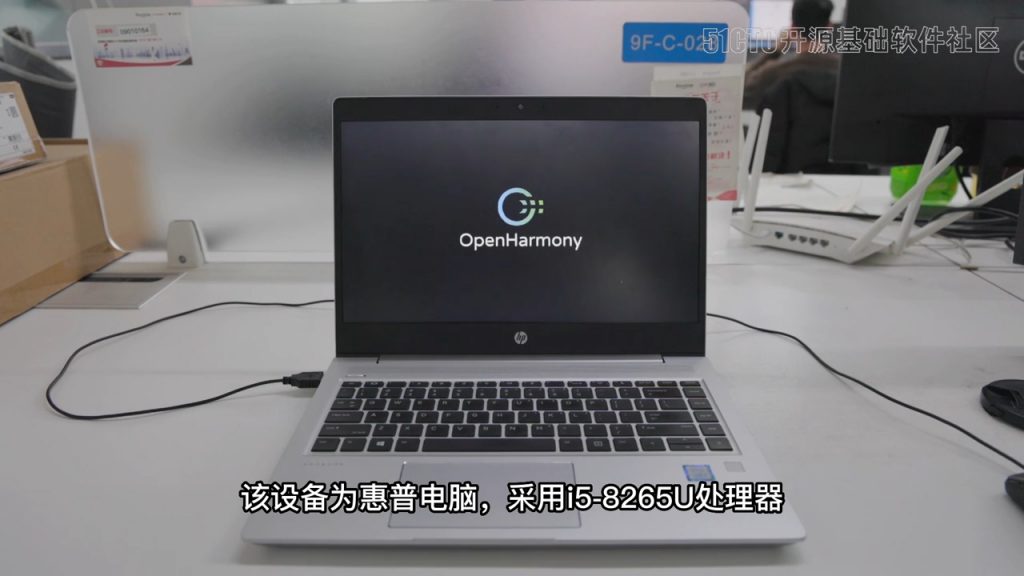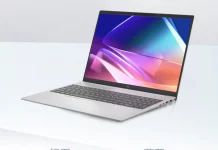HarmonyOS is taking the tech world by storm, as it’s been shown to be compatible with a vast range of devices, from smartphones and tablets to smartwatches and even smart cars. But what’s really caught our attention is the recent revelation that a Chinese developer has successfully installed the open-source HarmonyOS operating system onto a PC platform, specifically an HP notebook running the HarmonyOS 3.2 Beta 3 version.

In a video demonstration, the PC was shown to be functioning smoothly, responding accurately to all mouse inputs without any lag. However, it’s important to note that while this installation does show that HarmonyOS can be adapted to a PC environment, it’s not yet in an advanced stage where it can handle performance-heavy tasks. The software will require extensive optimization and task execution capabilities to progress further.
Currently, the developer has managed to adapt the drivers for the USB, network port, SATA port, PCIE, and other hardware interfaces of the HP notebook used in the demo. However, work on adapting the drivers for the notebook’s built-in keyboard and touchpad is still ongoing. The developer has also hinted that they’ve been working on adapting HarmonyOS for X86 architecture CPU, which suggests that this adaptation is based on the Linux kernel.
The plan moving forward is to prioritize software adaptations before tackling the hardware side of things. This means that the necessary drivers will be adapted first, followed by desktop applications. However, the developer has admitted that optimizing the sound driver, graphics card driver, and external display will still need more work. In particular, GPU graphics acceleration is currently a weak point for OpenHarmony, but the OpenHarmony project team has set up a related SIG (Special Interest Group) to address this issue in future versions.
While Huawei has yet to make any specific announcements regarding adapting HarmonyOS for its notebooks, this latest development could open the doors for collaboration with PC manufacturers and software developers to bring HarmonyOS to the industry for both consumer and business devices. It’s exciting to see how HarmonyOS will continue to evolve and expand its reach.
RELATED:
- HarmonyOS 3.1 Hands-on Video Reveals Impressive Animation Improvements
- Huawei Watch Buds With Built-In TWS Earbuds Debut In Europe
- Best Budget Tablets 2023







